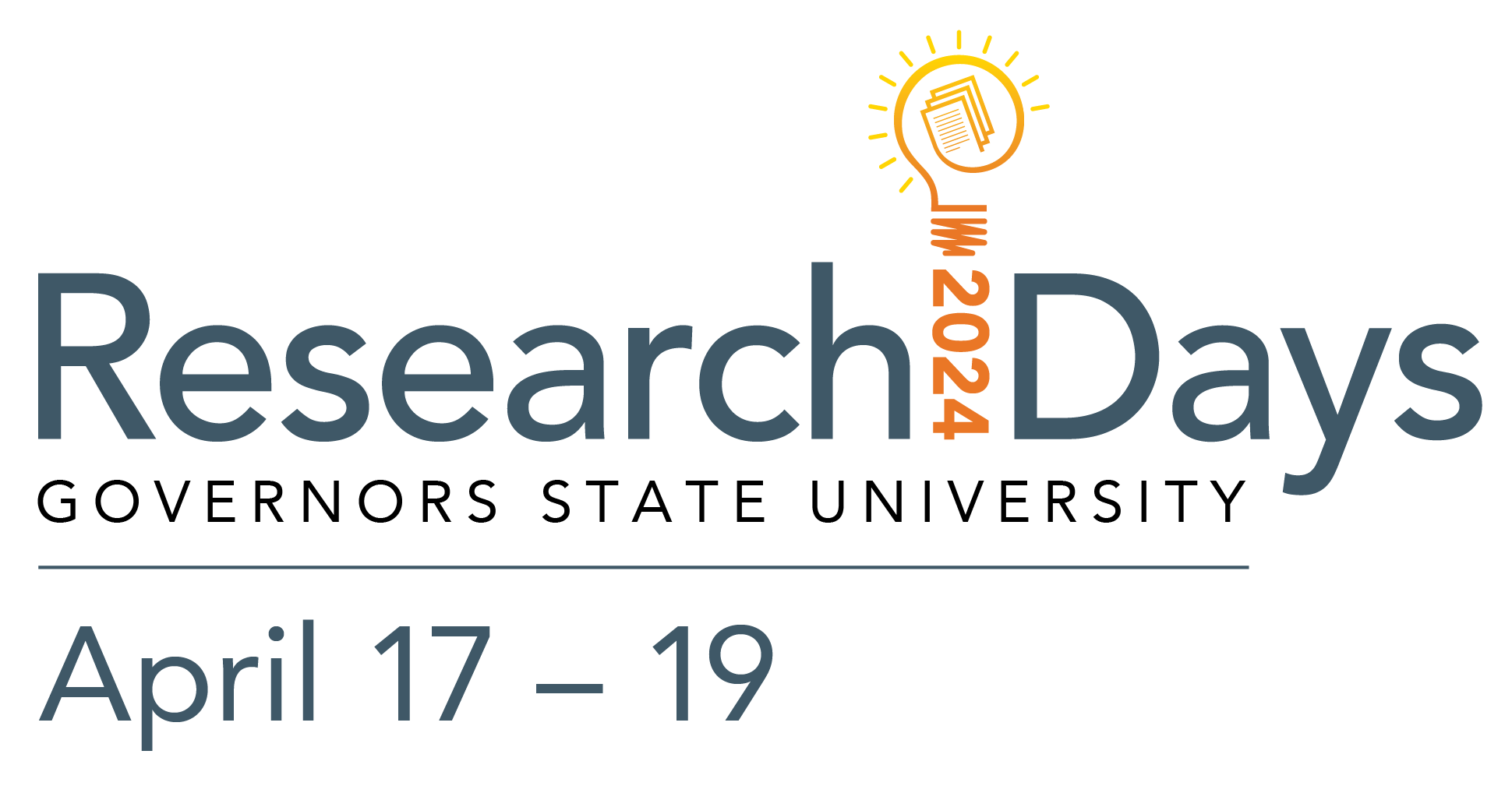Epidemiological Examinations of COVID-19: A Literature Review of Forecasting Research to Improve Public Health Responses
Type of Presentation
Poster Session
Location
Virtual
Abstract
The COVID-19 pandemic revealed many challenges that were often overlooked or never addressed. From how people learn in school, commute to different locations, socialize, buy groceries, and even how they access healthcare. Epidemiology is the study of infectious diseases which deals with the incidence, distribution, and possible control of diseases and other factors relating to health. The analysis of population health shapes how society responds to these diseases both biologically and socially. This is important as examining relevant resources on past, current, and developing epidemiological practice barriers, and their impact on not just COVID-19, but other diseases can help improve future responses. In this project, understanding the barriers of these epidemiology practices will be examined with a close look at how they impacted the COVID-19 pandemic. A literature review of sources since 2021 from the National Library of Medicine, including statistical, mathematical, and computational sequences aimed at describing, modeling, and forecasting the spread of diseases in these contexts will be utilized. Findings from the literature view suggest there are many factors that contribute to a lack of understanding on how to mitigate the spread of COVID-19 in public spaces. Examples include social determinants, access to health care, and misinformation. Implications of these findings suggest there needs to be a reform of how information is shared with the public to accomplish a more cohesive social and medical response to public health emergencies in the future.
Faculty / Staff Sponsor
David M. Rhea, Ph.D.
Interim Dean
Dr. Curtis J. & Mrs. Gina Crawford Honors College
Presentation File
wf_no
Epidemiological Examinations of COVID-19: A Literature Review of Forecasting Research to Improve Public Health Responses
Virtual
The COVID-19 pandemic revealed many challenges that were often overlooked or never addressed. From how people learn in school, commute to different locations, socialize, buy groceries, and even how they access healthcare. Epidemiology is the study of infectious diseases which deals with the incidence, distribution, and possible control of diseases and other factors relating to health. The analysis of population health shapes how society responds to these diseases both biologically and socially. This is important as examining relevant resources on past, current, and developing epidemiological practice barriers, and their impact on not just COVID-19, but other diseases can help improve future responses. In this project, understanding the barriers of these epidemiology practices will be examined with a close look at how they impacted the COVID-19 pandemic. A literature review of sources since 2021 from the National Library of Medicine, including statistical, mathematical, and computational sequences aimed at describing, modeling, and forecasting the spread of diseases in these contexts will be utilized. Findings from the literature view suggest there are many factors that contribute to a lack of understanding on how to mitigate the spread of COVID-19 in public spaces. Examples include social determinants, access to health care, and misinformation. Implications of these findings suggest there needs to be a reform of how information is shared with the public to accomplish a more cohesive social and medical response to public health emergencies in the future.

